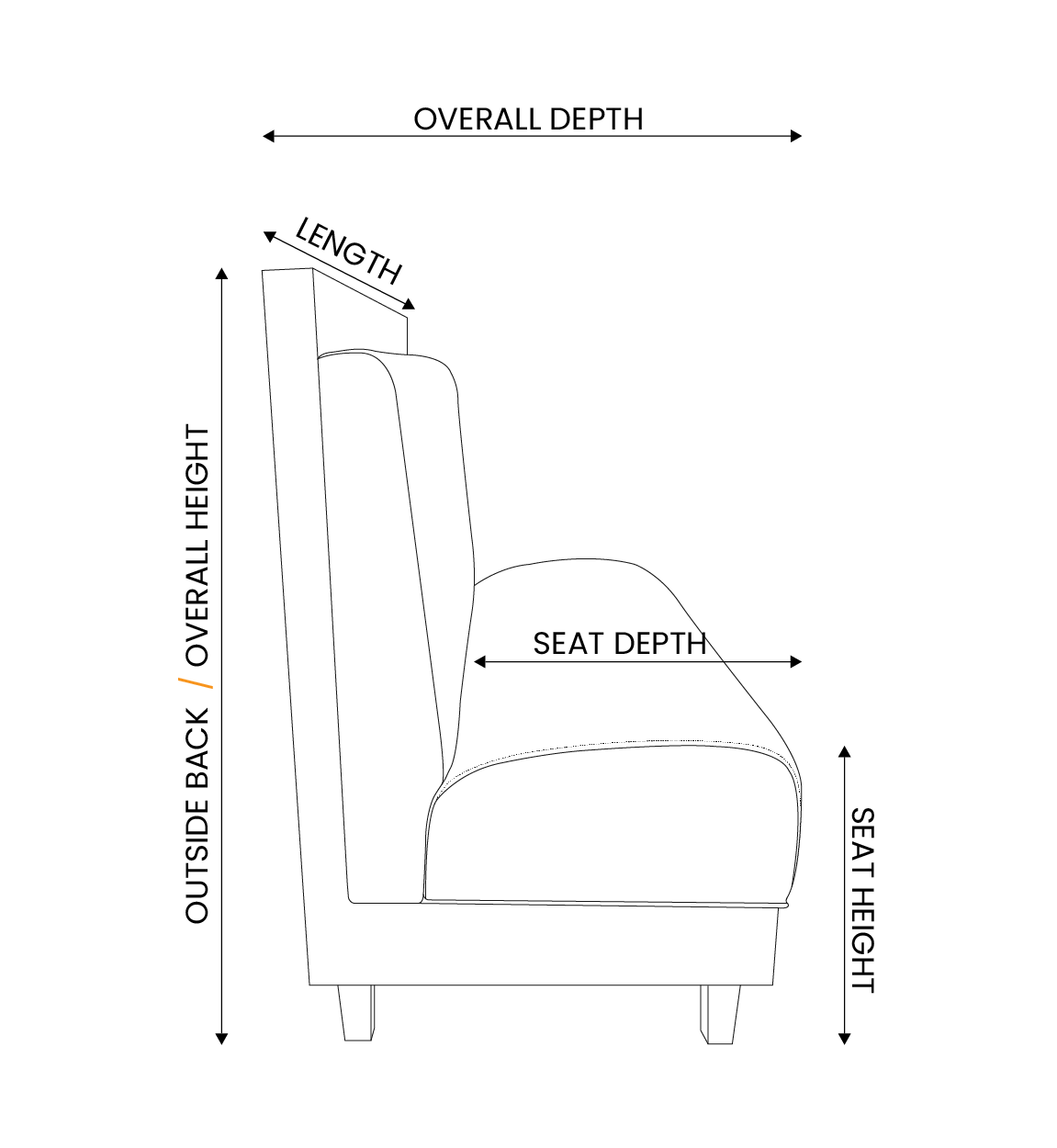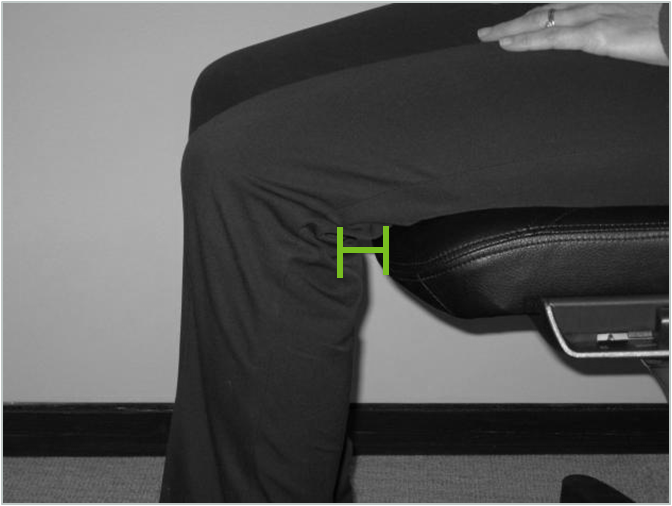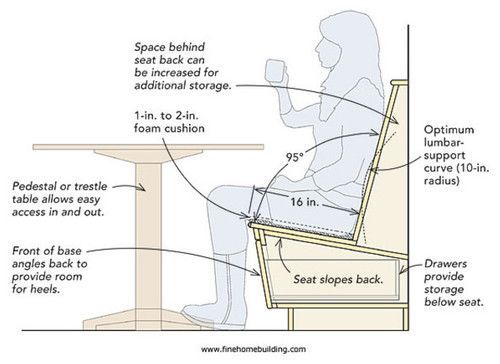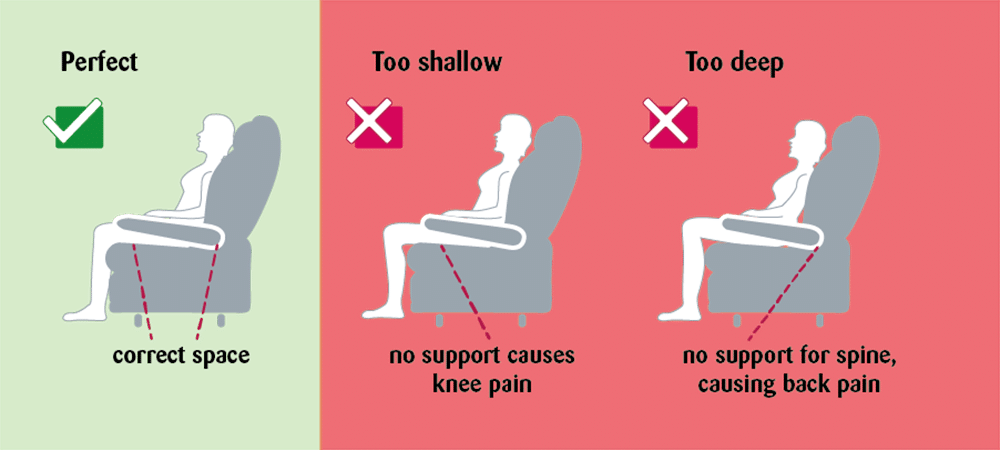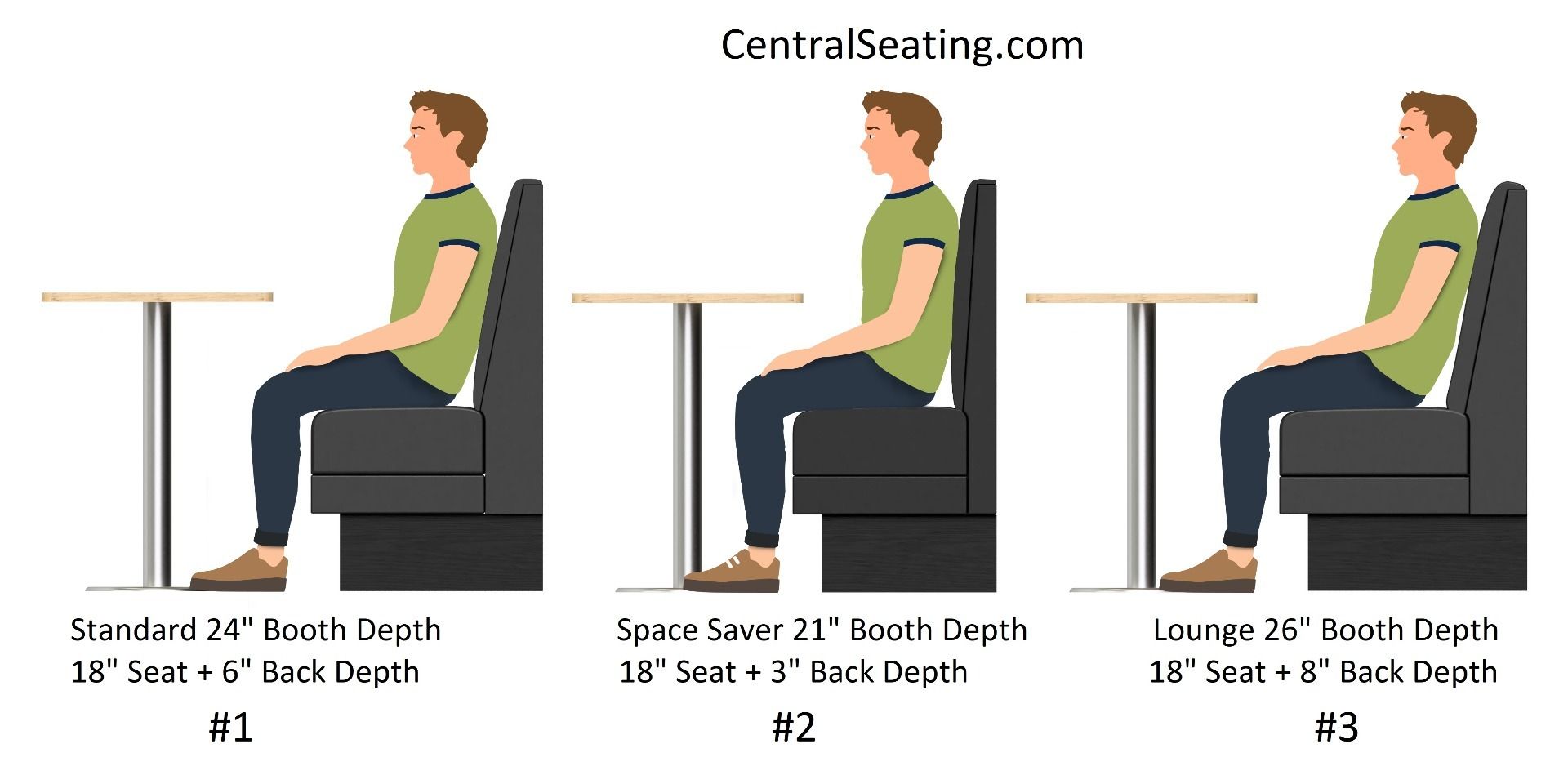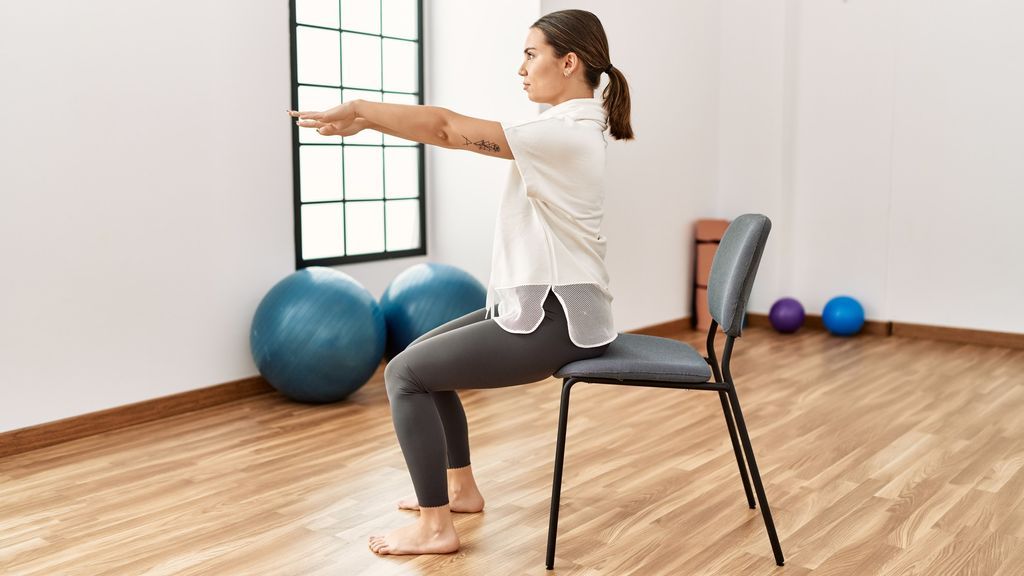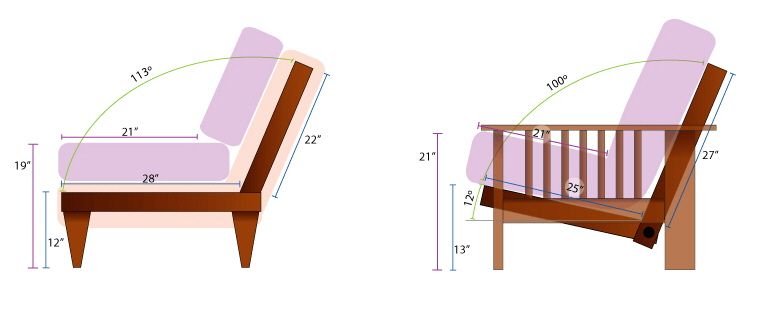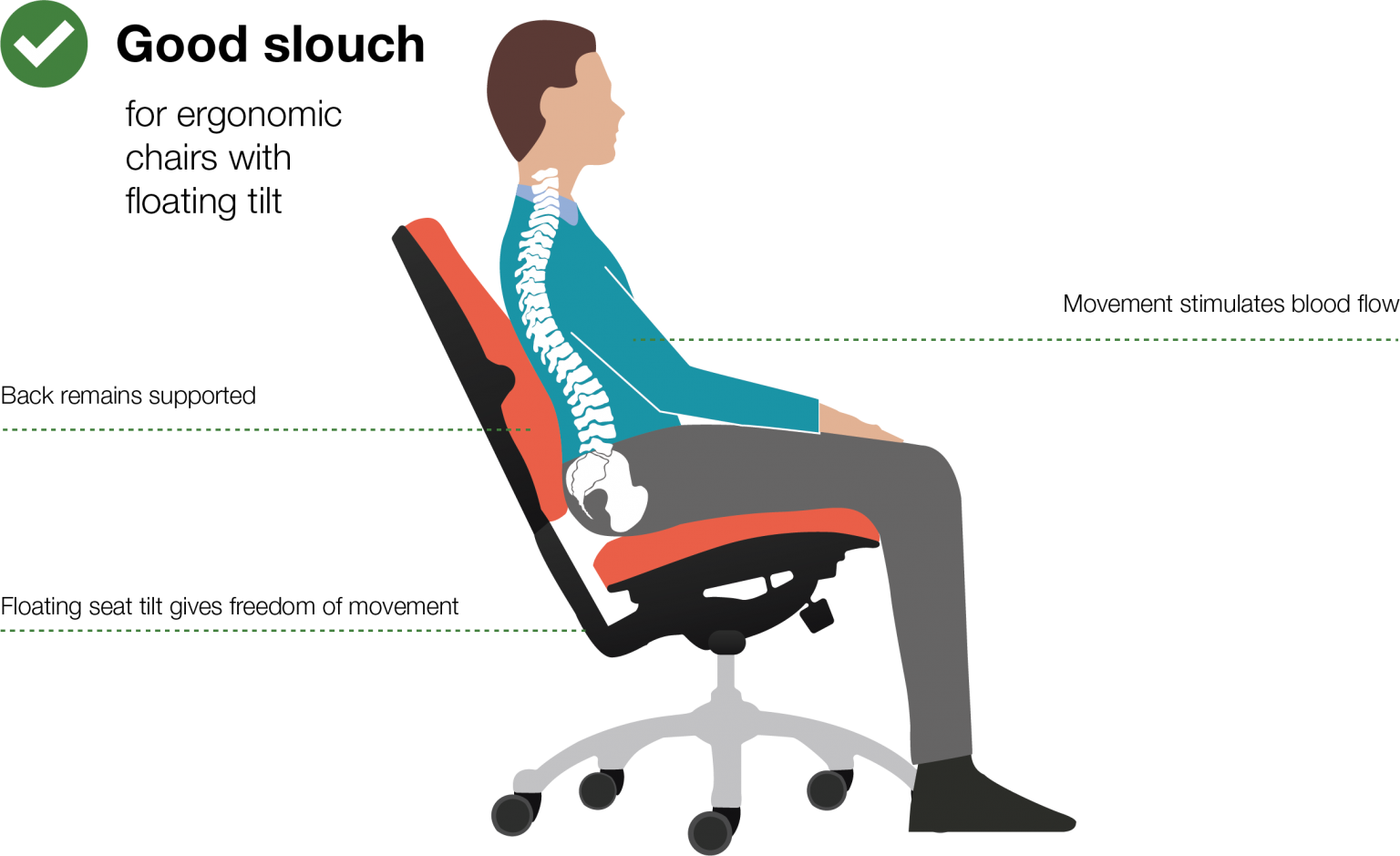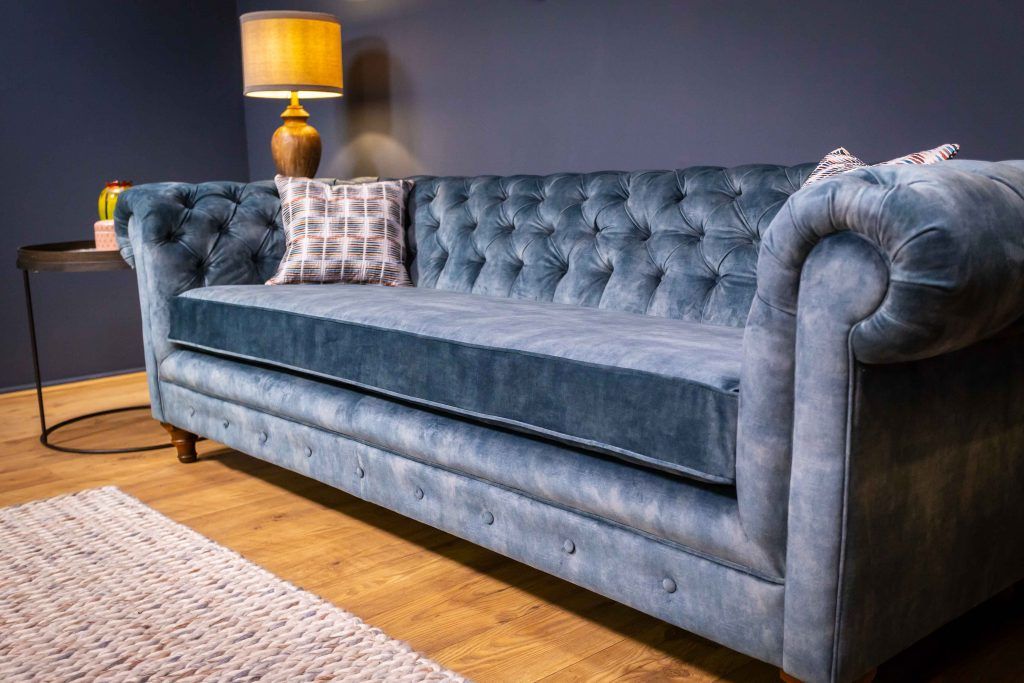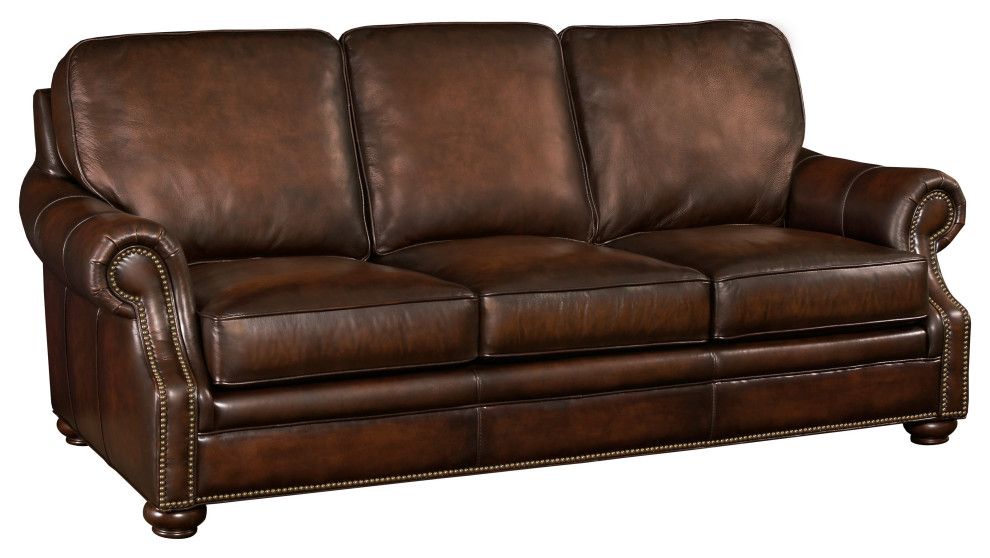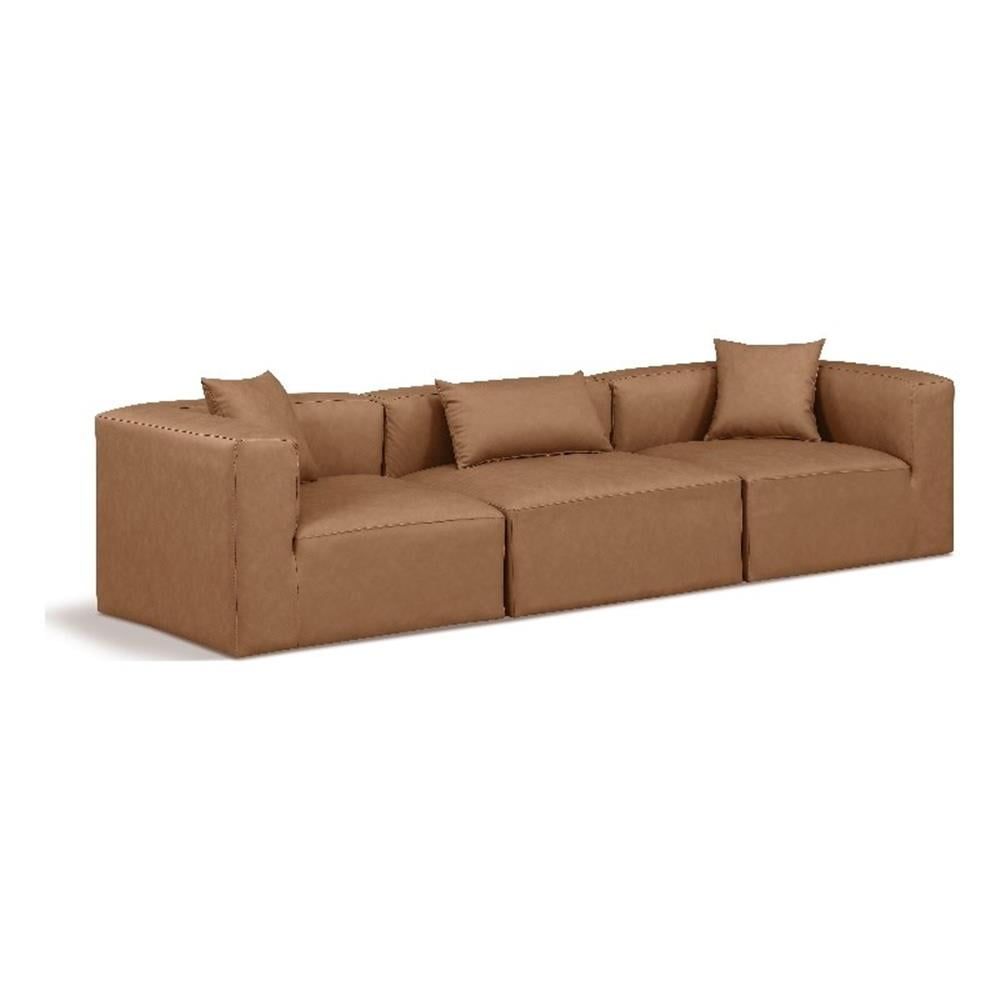We all need a place to rest our weary bones, right? But have you ever stopped to really think about the chair you’re sitting in? Beyond the cushioning and the armrests, there’s a fundamental dimension that dictates whether a seat is a haven of comfort or a source of subtle (or not-so-subtle) discomfort: seat depth. It might sound like a minor detail, but trust me, it plays a massive part in how your body feels, whether you’re working at a desk, relaxing in the living room, or dining with family. Getting this right can transform your seating experience.
You’ve probably sat on countless chairs in your life. Some felt just right, others a little off, and maybe a few were downright terrible. We often blame the padding or the back support, but what if the real culprit for that nagging discomfort is something simpler, something called seat depth? This is the measurement from the front edge of the seat to the backrest. It sounds straightforward, but its impact on your posture, circulation, and overall comfort is profound. Let’s dive into why this often-overlooked measurement is actually a big deal.
What Exactly is Seat Depth?
Simply put, seat depth is the horizontal distance from the very front of the seat cushion to the point where the seat cushion meets the backrest. It’s not about how wide the chair is, or how tall the back is, but specifically how far back the seating surface extends. Think about it: if a seat is too deep for you, your legs won’t reach the backrest comfortably, and you might find yourself perching on the edge. Too shallow, and you won’t get enough thigh support, leading to pressure points behind your knees.
The Impact on Your Body: Posture and Circulation
This is where seat depth really shines, or causes trouble. When a seat has the correct depth for your body, your back will be fully supported by the backrest, and your feet will rest flat on the floor with your knees bent at roughly a 90-degree angle. This promotes good posture naturally. If the seat is too deep, you’ll likely slouch forward to compensate, putting strain on your spine and neck. Another consequence of a too-deep seat is that the front edge can dig into the back of your knees, restricting blood flow. Ever felt pins and needles after sitting for a while? A seat depth issue could be to blame. Conversely, a seat that’s too shallow won’t offer adequate support for your thighs, leading to discomfort and fatigue over time.
Finding Your Perfect Fit: The Measure of a Good Seat
So, how do you figure out what the right seat depth is for you? It’s surprisingly simple. Sit on a chair with your back against the backrest. Place your hand, fingers first, between the front edge of the seat and the back of your knees. Ideally, you should be able to fit two to four fingers comfortably. If you can fit more than four, the seat is likely too deep. If you can barely fit one, it’s probably too shallow. This is a great general guideline, but remember, personal preference and specific activities matter too. Someone needing to move around a lot might prefer a slightly shallower seat than someone who plans to sit for extended periods.
Seat Depth in Different Furniture Types
The ideal seat depth can vary depending on the type of furniture. For office chairs, ergonomic support is paramount, so finding that precise depth is critical for long workdays. A good office chair often has adjustable seat depth, allowing you to customize it. In living rooms, sofas and armchairs might have deeper seats for a more relaxed, lounge-like feel. However, even with sofas, if the seat is excessively deep, it can make it hard to get up or maintain an upright, comfortable posture. Dining chairs, on the other hand, typically have shallower seats to encourage a more upright posture during meals and to allow diners to sit closer to the table. It’s all about the intended use and the desired comfort level.
Beyond Depth: Other Factors to Consider
While seat depth is a major player, it’s not the only factor in seating comfort. Seat width, seat height, armrest position, backrest angle, and lumbar support all contribute to the overall experience. A chair might have the perfect seat depth, but if the seat height is wrong, your feet won’t be properly supported. Similarly, a great seat depth won’t help if the backrest is angled awkwardly. It’s a combination of elements working together to cradle your body. Think of seat depth as a foundational piece of the puzzle.
Why This Matters for Your Well-being
Ultimately, understanding seat depth is about investing in your own physical well-being. Choosing furniture with the appropriate seat depth can prevent common issues like back pain, poor circulation, and general discomfort. It allows you to sit more comfortably and for longer periods, whether you’re concentrating on work, enjoying a meal, or simply unwinding. When you prioritize the right fit, you’re prioritizing your health and comfort, making everyday activities that much more enjoyable. Don’t underestimate the power of proper seating; it can truly make a difference in your day-to-day life.
So there you have it. Seat depth is far from a trivial detail. It’s a key ingredient for comfortable, supportive, and healthy seating. By understanding what it is and how to find your ideal measurement, you can make more informed choices when selecting furniture, whether it’s a new office chair, a cozy armchair, or a complete living room set. Pay attention to this dimension next time you’re shopping, or even just sitting. Your body will thank you for it. Happy sitting!


